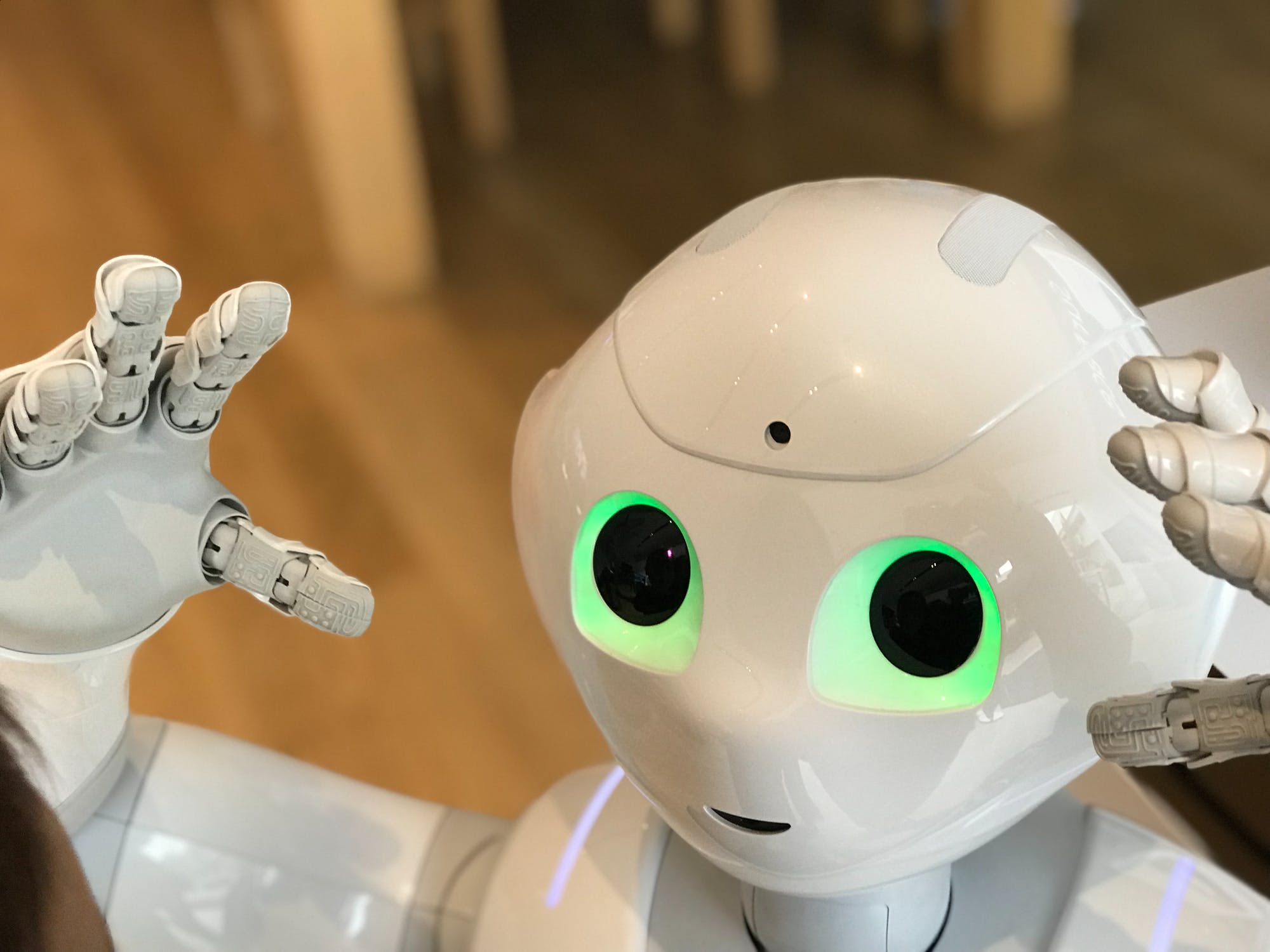Publications
European Parliament adopts Proposal on the Regulation of AI technologies
24/11/2020

Given artificial intelligence’s popularity among sci-fi movie makers and authors, it needs little introduction in today’s digital era. It also comes with no surprise that what used to be a fictitious concept has gradually turned into reality. Stephen Hawking once warned that the rise of AI could spell the end of the human race. Yet, his cynical view on AI did not seem to have put a stop to the development of AI technology, which has been thriving in an unabated pace for the past few years. The EU parliament is among the first institutions to put forward a draft regulation outlining the framework of ethical principles and legal obligations to be followed when developing, deploying and implementing AI and related technologies in the EU. The EU Commission legislative proposed is expected in early next year.
The press release from the Parliament can be found here: https://www.europarl.europa.eu/news/en/press-room/20201016IPR89544/parliament-leads-the-way-on-first-set-of-eu-rules-for-artificial-intelligence
The proposal covers 3 specific key areas:
Ethics Framework for AI
The Parliament stated that the EU has a responsibility to harness, promote and enhance the added value of AI and make sure that AI technologies are safe and contribute to the interest of the people. Future laws should be made in accordance with several guiding principles, including: a human-centric and human-made AI; safety, transparency and accountability; safeguards against bias and discrimination; right to redress; social and environmental responsibility; and respect for privacy and data protection.
With regards to high-risk AI technology, which is defined as technology with a significant risk of causing harm or injury, taking into the account of the (i) specific use or purpose, (ii) sector involved and (iii)severity of the damage, should be designed to allow human oversight at any time and the ability for humans to disengage and retain full control of the technology if the use of such function is in breach of ethical principles. Moreover, they must be subject to assessment and certification by national supervisory bodies.
Liability for AI causing damage
To instil confidence in the safety, reliability and consistency of products and services, the regulation adopted a future-oriented legal framework for regulating liability and damages caused by AI in order to strike a balance between the protection of victims and providing adequate opportunities for enterprises to develop new technologies.
Organizations and personnel operating high-risk AI would be strictly liable for any resulting damage. Also, any attempt to exclude liability in agreements with users in relation to high risks AI would be void. Such rules would apply to physical or virtual AI activity that harms or damages life, health, physical integrity, property or that causes significant harm if it results in verifiable economic loss.
Intellectual Property rights
Automation of creative content generation may give rise to issues relating to the ownership of intellectual property rights of such content. It is trite law that the creative works can only be protected under copyright law if they are original, which is linked to a natural person. This concept has recently been tested in courts and this may well change in the near future. Nevertheless, in the context of AI, it is important to differentiate between AI-assisted human creations and AI-generated creations. The Parliament expressed that it is inappropriate to seek to impart legal personality to AI technologies and points out that this approach would be a disincentive to human content creators.
Going forward, the Parliament calls on the Commission to support a horizontal, evidenced-based and technologically neutral approach to common, uniform copyright provisions applicable to AI-generated works in the EU, if it is considered that such works could be eligible for copyright protection. If AI-generated content were to be granted copyright protection, the Parliament states that it should only be assigned to a natural or legal person that created the work lawfully. Where AI is used only as a tool to assist an author in the process of creation, the current IP framework remains applicable.
Setting the trend
Whilst most jurisdictions are still adopting a “wait and see” approach in regulating AI-technology, many institutions in the EU recognizes the importance of AI in this digital era and the need to regulate this arena. The EU Parliament acting as a forerunner in establishing a framework for regulating AI is likely to provide momentum for the development of a regulatory framework in the rest of the world in the near future, and it is important that those in Asia continue to monitor developments that are taking place around the world.
Please contact our Partner, Mr. Charles To (email: charles.to@ellalan.com) or our Trainee Solicitor, Ms. Tiffany Li (email: tiffany.li@ellalan.com) for more information.
AUTHORS
No data was found

